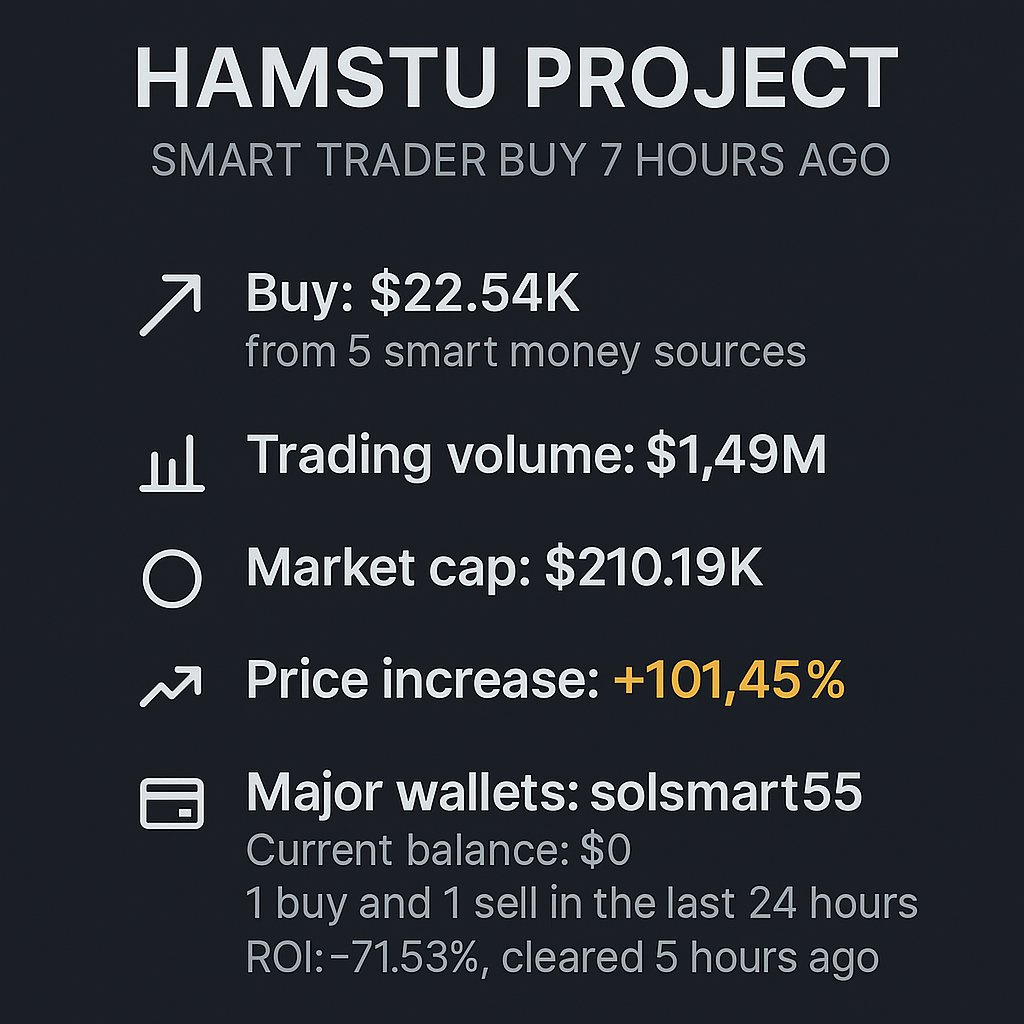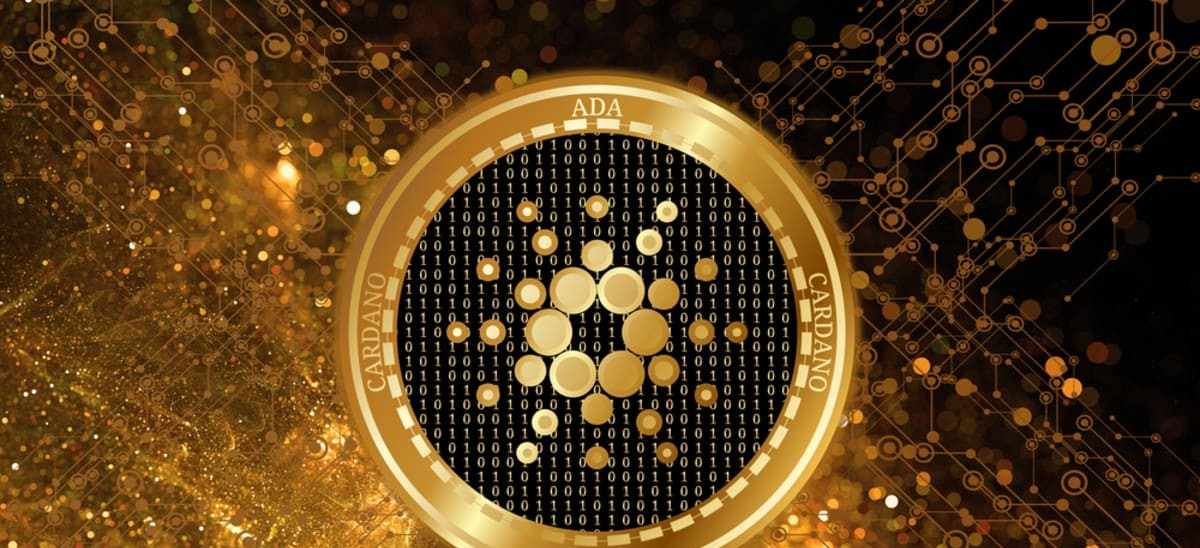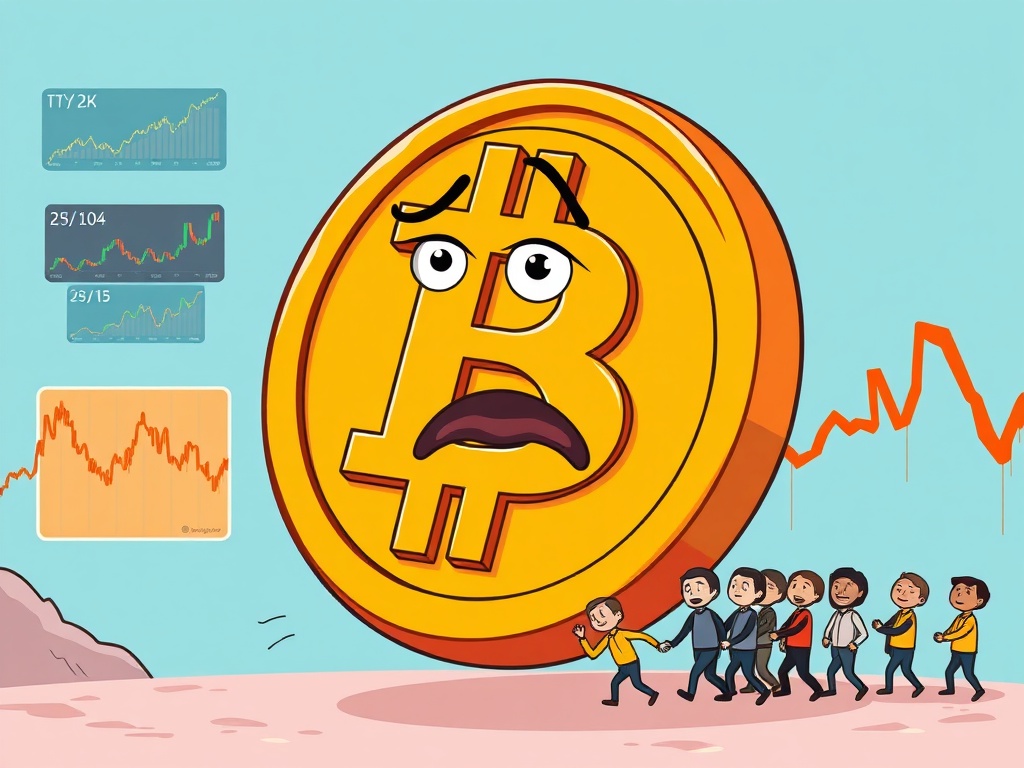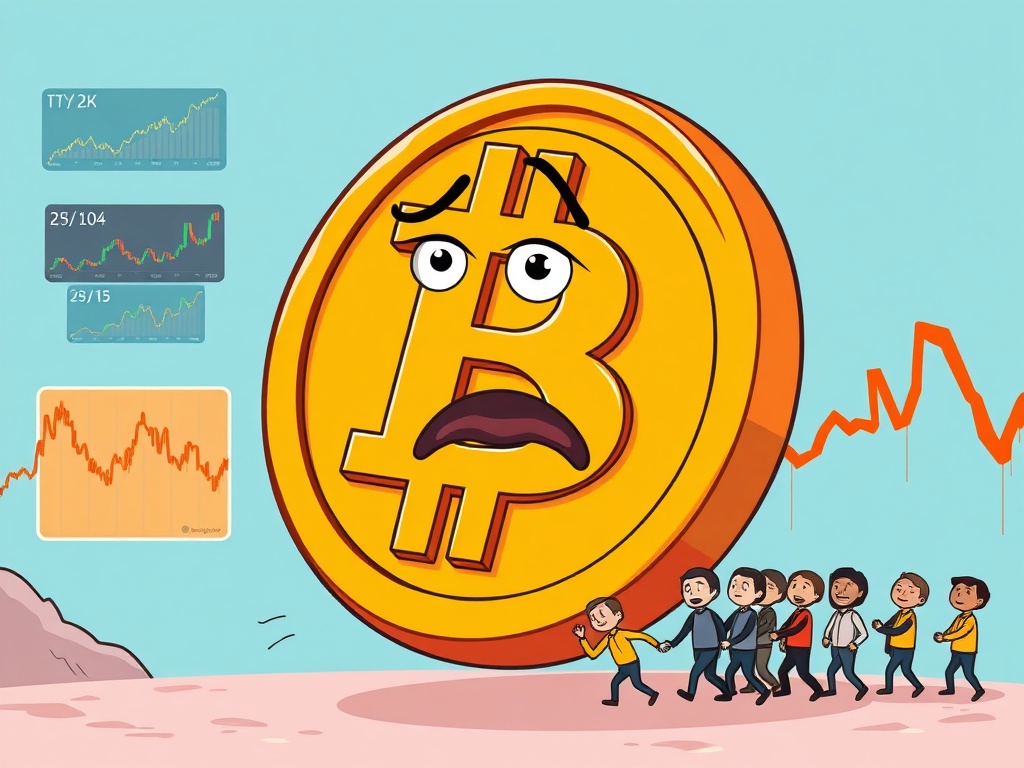The Rise of AI: How Artificial Intelligence is Reshaping Our World
Artificial intelligence is no longer the stuff of science fiction—it’s here, and it’s changing everything. From the way we work to how we communicate, AI is weaving itself into the fabric of our daily lives. But what does this mean for us? Are we heading toward a utopia of efficiency, or are we sleepwalking into a future where machines make decisions for us?
Let’s break it down—no jargon, no hype—just a clear look at how AI is evolving and what it means for humanity.
—
The AI Revolution: A Brief History
AI isn’t new. The idea of machines that can “think” dates back to ancient myths, but the real groundwork began in the 1950s with Alan Turing’s famous question: *”Can machines think?”* Fast forward to today, and AI has gone from simple algorithms to systems that can write poetry, diagnose diseases, and even drive cars.
From Rule-Based Systems to Deep Learning
Early AI relied on rigid rules—if X happens, do Y. But modern AI, powered by deep learning and neural networks, learns from data. It doesn’t just follow instructions; it adapts. This shift has led to breakthroughs like:
– ChatGPT (writing, coding, and even debating)
– Self-driving cars (navigating complex environments)
– AI in medicine (detecting cancers earlier than human doctors) [1]
The key difference? Today’s AI doesn’t just compute—it *understands* (or at least, it seems to).
—
Where AI is Making the Biggest Impact
1. Work & Productivity
AI is transforming jobs—not just replacing them, but augmenting human abilities.
– Automation: Repetitive tasks (data entry, customer service) are increasingly handled by AI.
– Creative AI: Tools like Midjourney (art) and Jasper (copywriting) assist professionals rather than replace them.
– Decision-making: AI analyzes market trends, predicts stock movements, and even helps HR departments screen job applicants.
But there’s a catch: *Who controls these systems?* If AI decides who gets hired or fired, biases in the data can lead to unfair outcomes [2].
2. Healthcare: AI as a Lifesaver
AI is revolutionizing medicine in ways we couldn’t have imagined a decade ago:
– Diagnostics: AI can spot tumors in X-rays faster than radiologists.
– Drug discovery: Machine learning speeds up the development of new medicines.
– Personalized treatment: AI tailors therapies based on a patient’s genetics.
Yet, ethical concerns remain—should an AI have the final say in life-or-death decisions?
3. The Dark Side: AI & Misinformation
AI can create hyper-realistic fake videos (“deepfakes”), generate fake news, and even impersonate voices. This raises alarming questions:
– How do we trust what we see online?
– Could AI be weaponized for political manipulation?
Governments and tech companies are scrambling to regulate AI-generated content, but the cat might already be out of the bag [3].
—
The Future of AI: Utopia or Dystopia?
The Optimist’s View
– AI could solve global problems: Climate modeling, disease eradication, and even space exploration could benefit from AI’s problem-solving power.
– Enhanced human potential: AI assistants could free us from mundane tasks, letting us focus on creativity and innovation.
The Pessimist’s View
– Job displacement: Millions could lose jobs to automation, widening economic inequality.
– Loss of control: If AI systems become too advanced, could they act in ways we don’t intend?
– Ethical dilemmas: Should AI have rights? What happens when an AI makes a decision that harms humans?
Elon Musk has warned that AI could become “an immortal dictator,” while others, like Mark Zuckerberg, believe AI will be a force for good. Who’s right? The answer may depend on how we develop and regulate AI in the coming years [4].
—
Conclusion: Navigating the AI Era
AI is a tool—a powerful one—but it’s up to us to decide how to use it. Will we harness its potential responsibly, or will we let it shape our future without oversight?
The next decade will be critical. Governments, businesses, and individuals must work together to ensure AI serves humanity—not the other way around.
One thing is certain: AI isn’t going away. The question is, *are we ready for what comes next?*
—
Sources
Would you like a deeper dive into any specific aspect of AI? Let me know!





